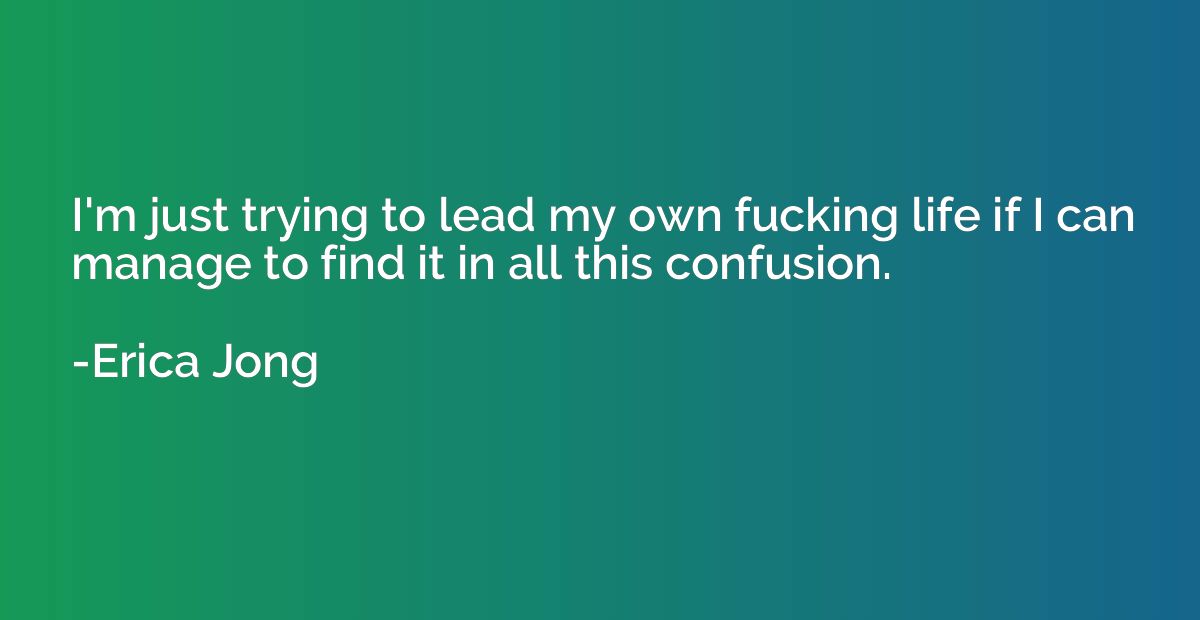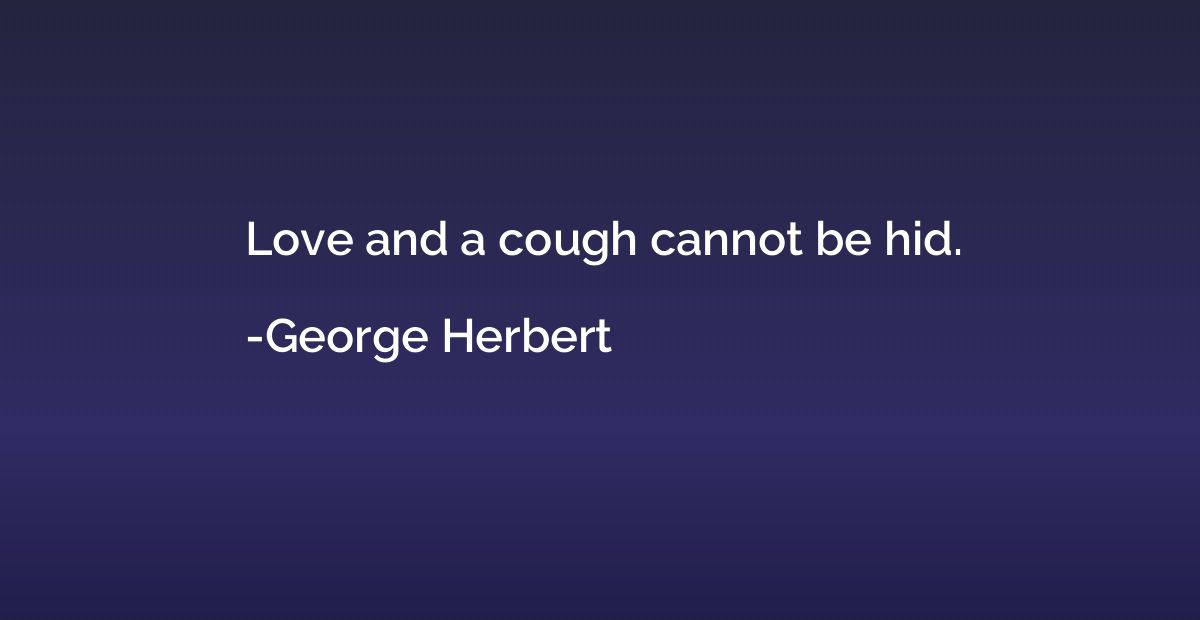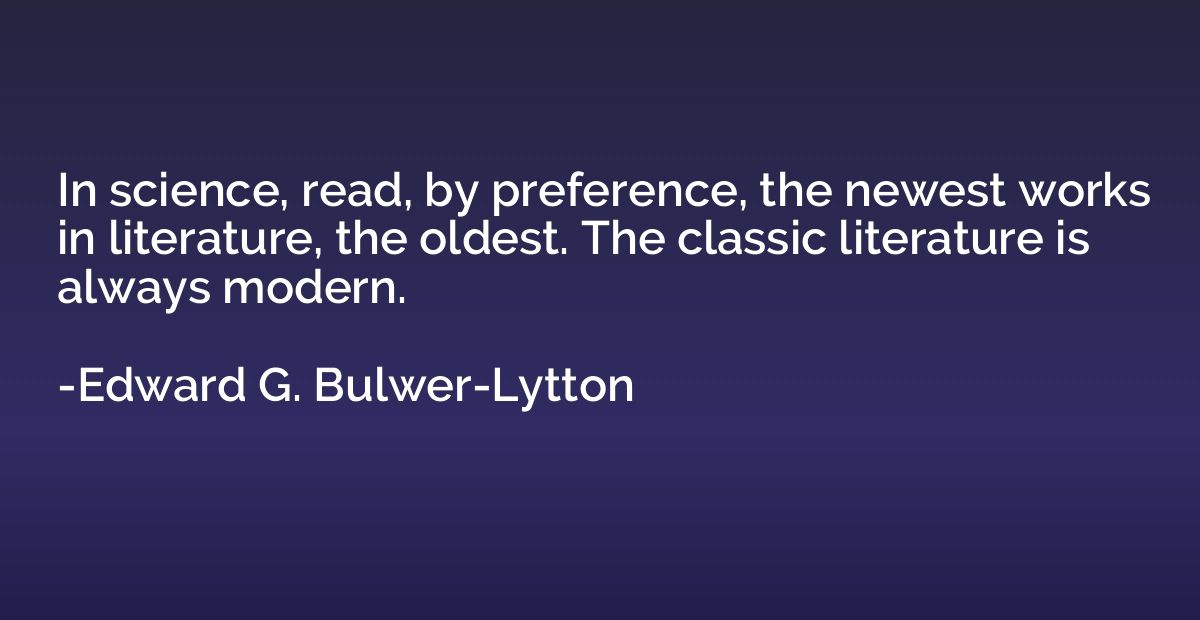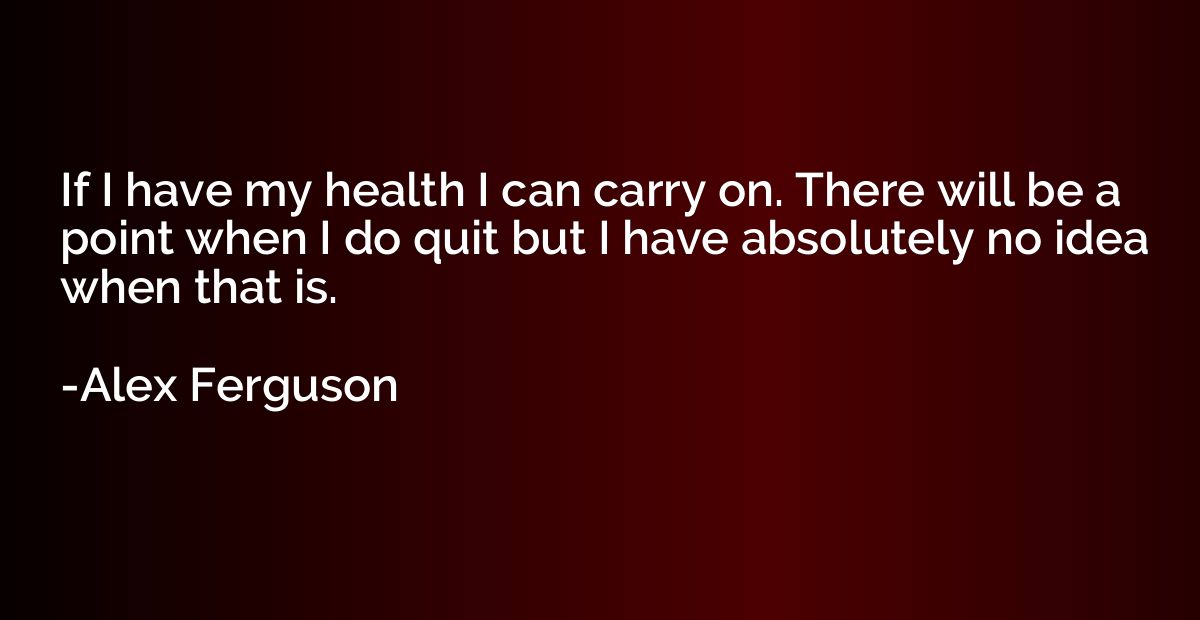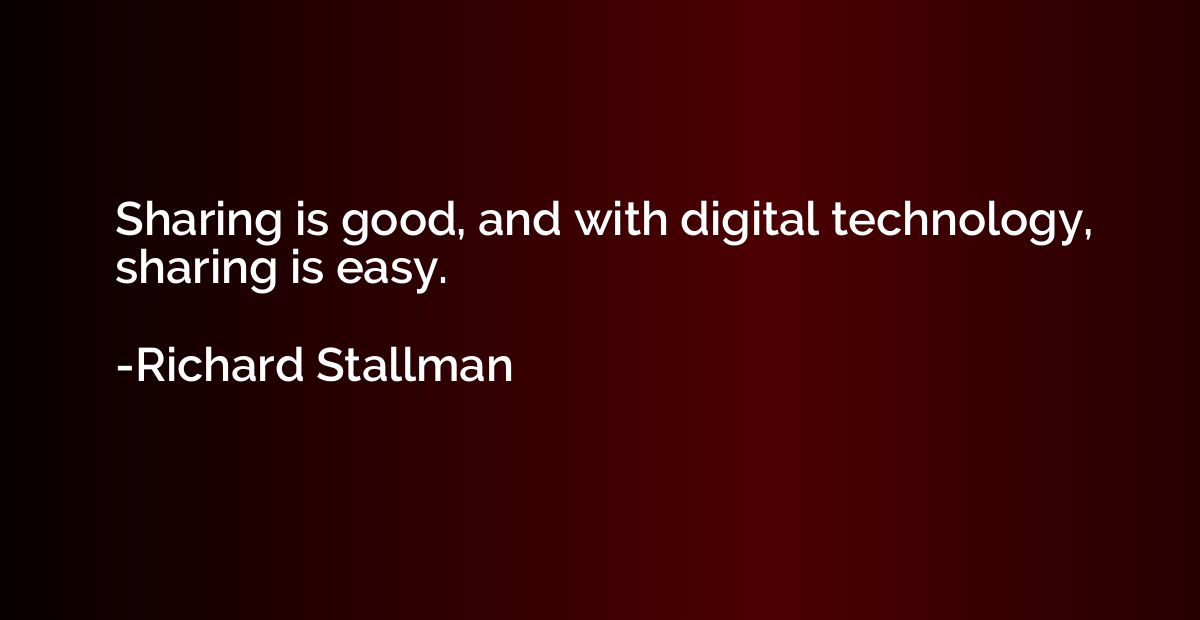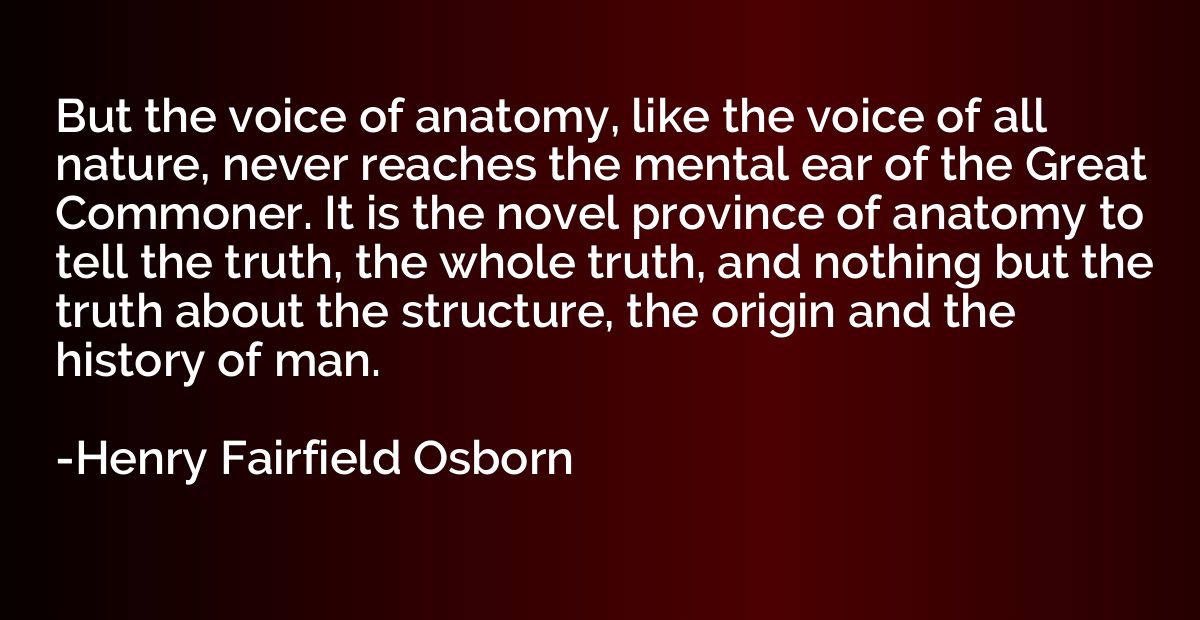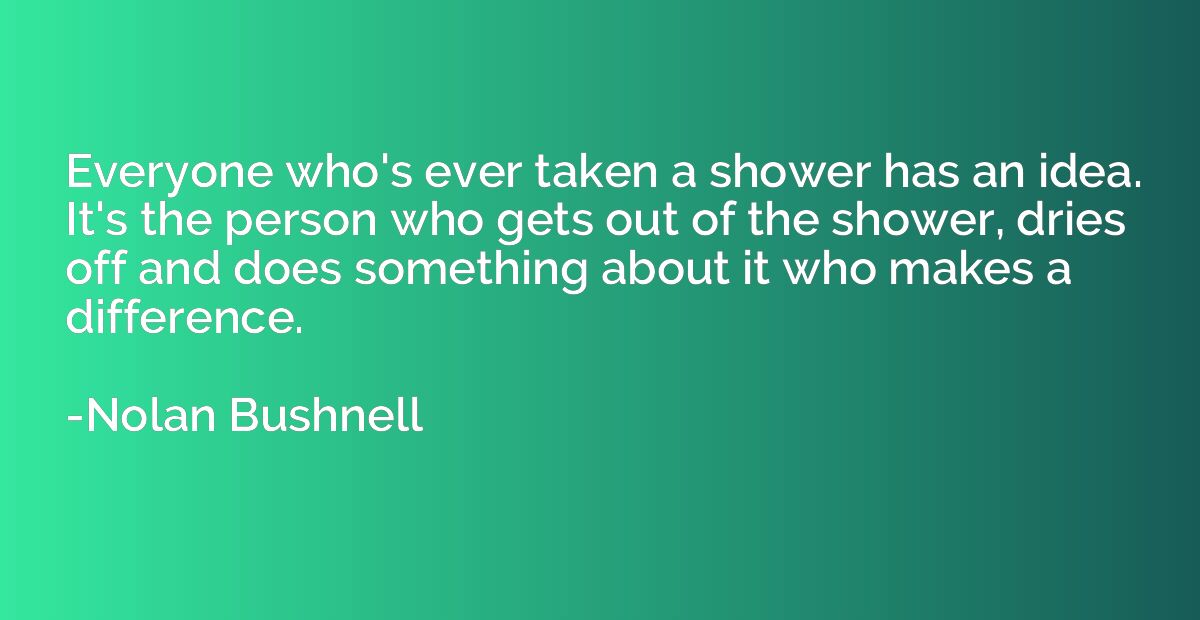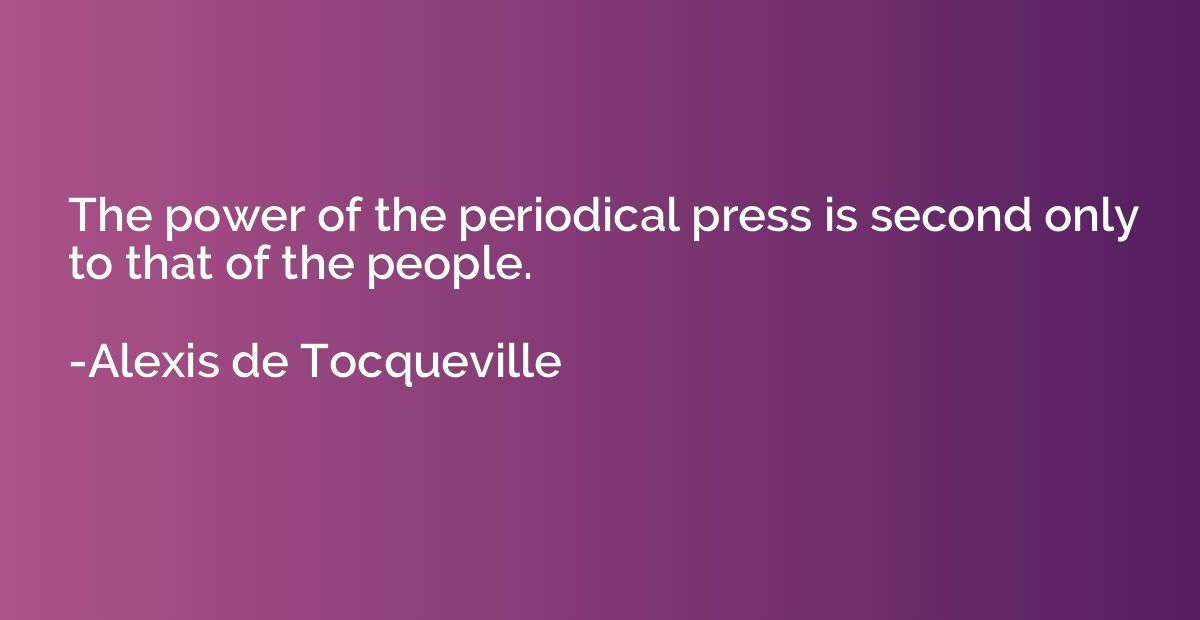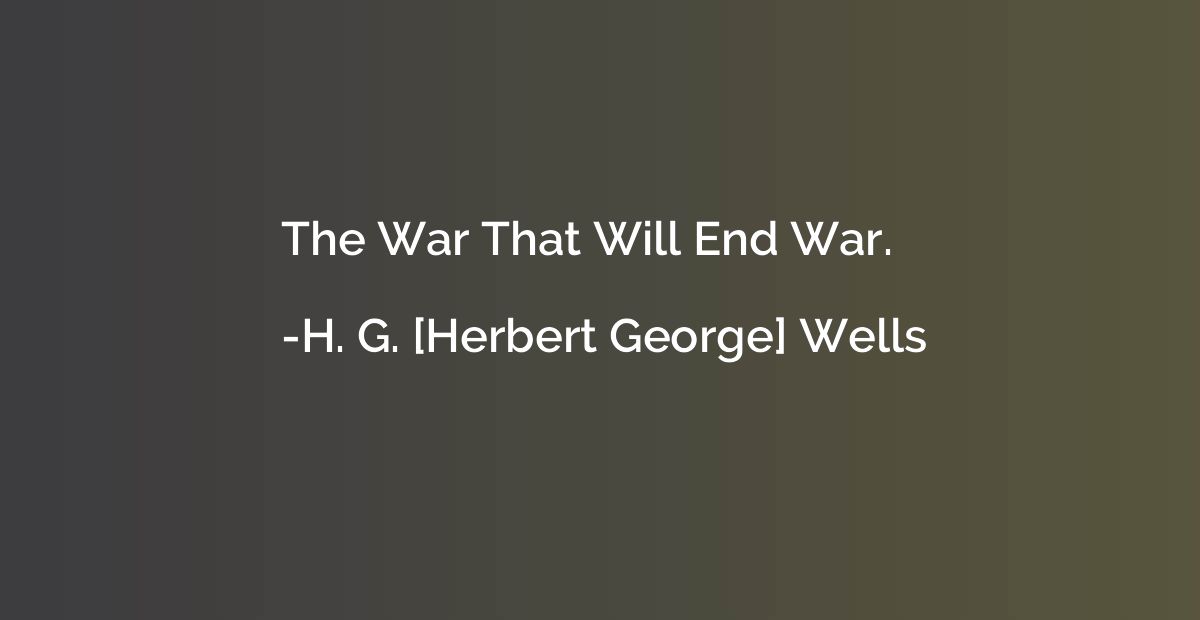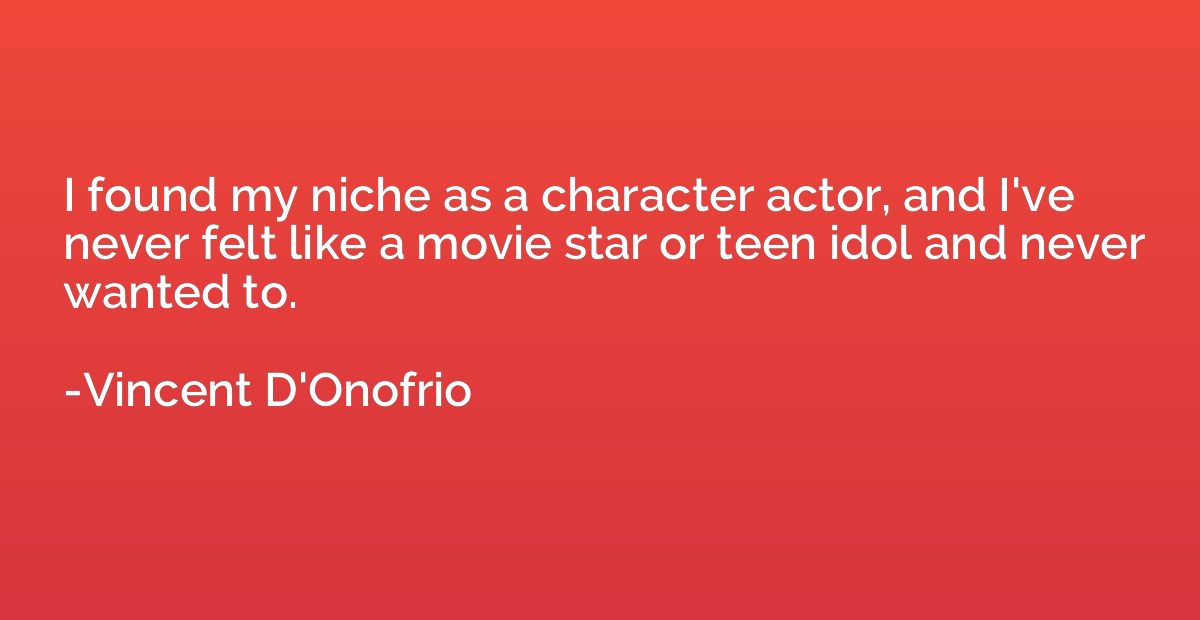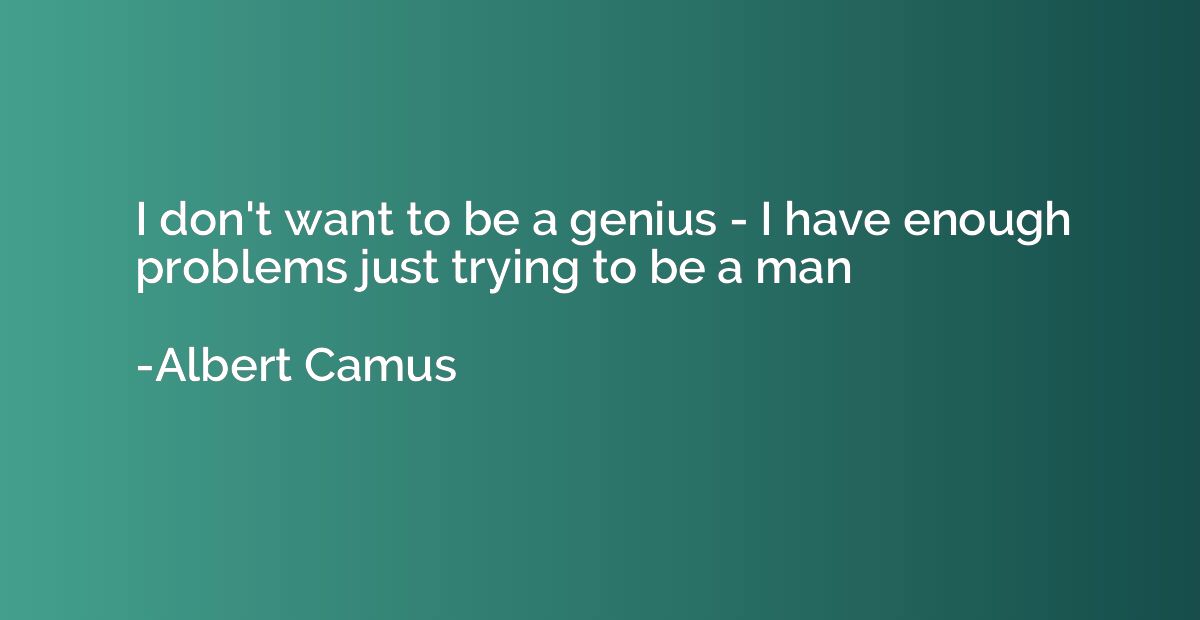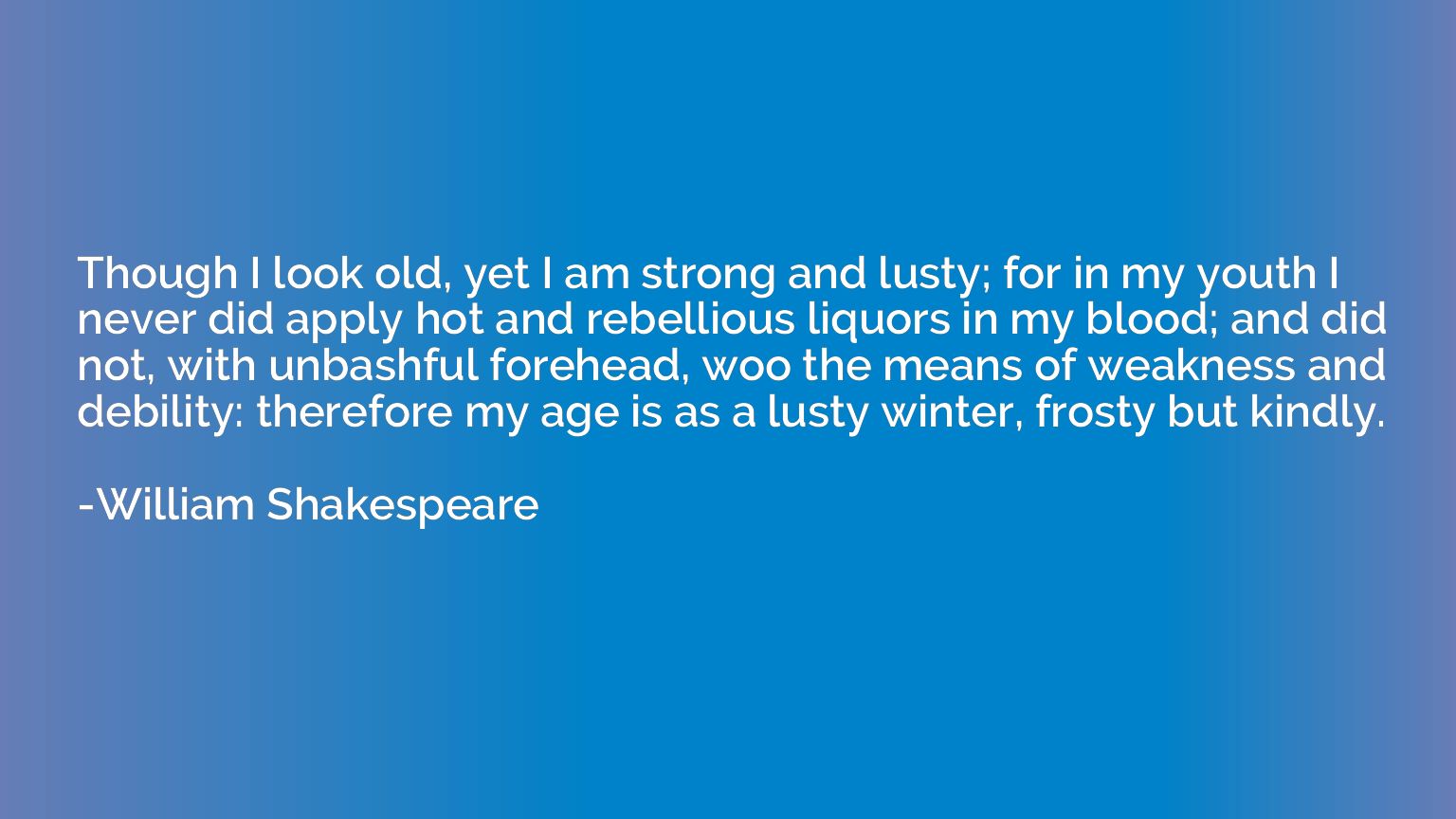Quote by Henry David Thoreau, letter to H
Do not be too moral. You may cheat yourself out of much life so.Aim above morality.Be not simply good;be good for something.All fables, indeed, have their morals; but the innocent enjoy the story. Let nothing come between you and the light. Respect men and brothers only. When you travel to the Celestial City, carry no letter of introduction. When you knock, ask to see God,http://www.walden.org/institute/thoreau/writings/correspondence/1848_03_27_Blake.htm
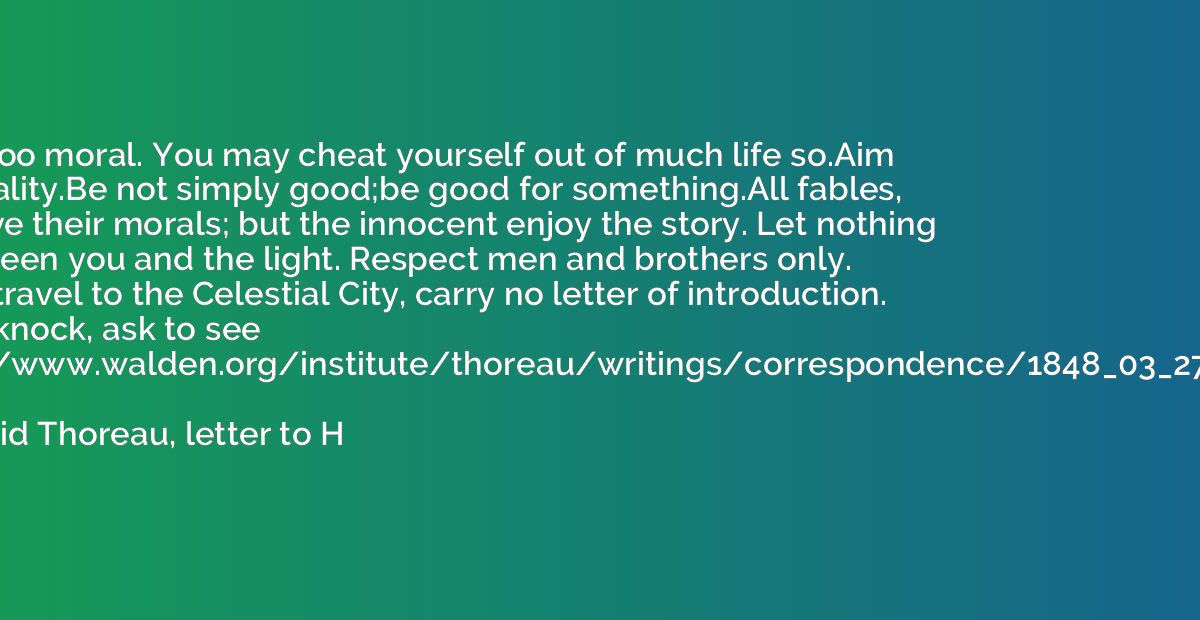
Summary
This quote by Henry David Thoreau encourages individuals to find a balance between being morally upright and experiencing all that life has to offer. Thoreau suggests that strictly adhering to societal morals can limit one's potential for growth and adventure. Instead, he encourages us to strive for a higher purpose and contribute meaningfully to the world. Thoreau suggests that we should not be solely focused on being perceived as good, but rather be good in a way that serves a greater purpose. He urges us to have a childlike innocence and enjoyment in life's stories, while staying true to ourselves and our inner light. Ultimately, Thoreau challenges us to seek an authentic connection with divinity without any external introductions.



